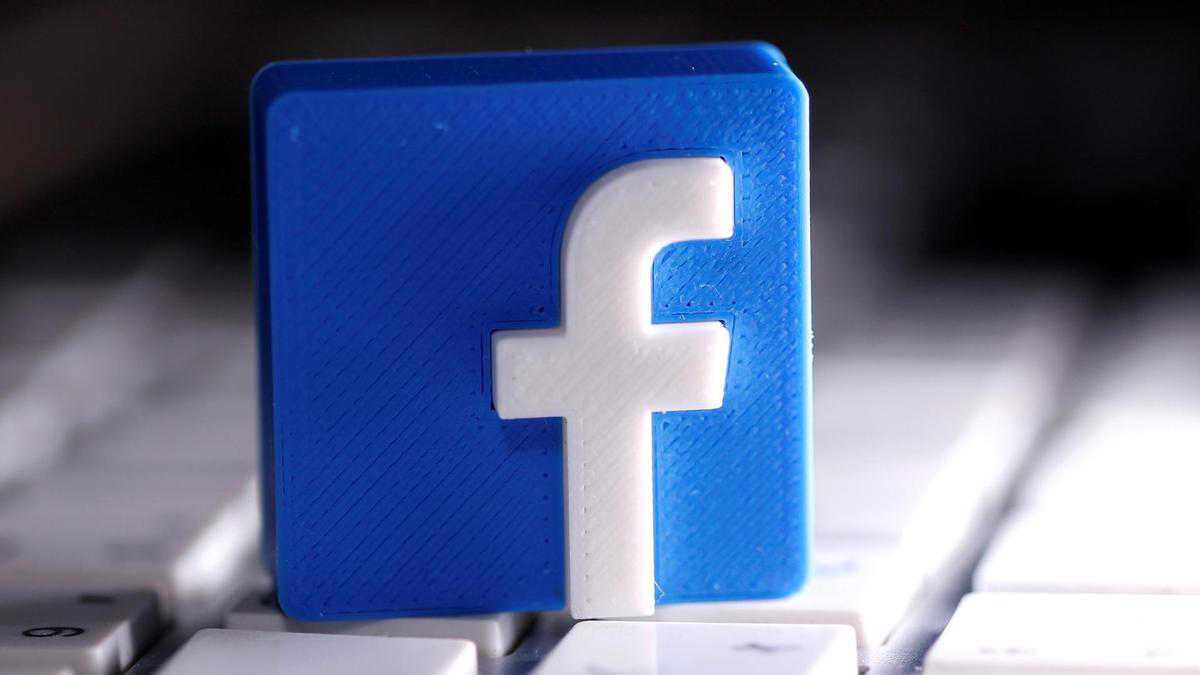Facebook boycotts unlikely to include long-term effect on company, say analysts

Image collected
Facebook shares fell on Mon, extending a recent sell-off related to an evergrowing boycott by high-profile advertisers, but the development doesn’t represent a major long-term risk to the social-media company’s share, analysts said.
Several companies, including blue-chip companies Starbucks, Unilever and Coca-Cola, possess said they might cut or cease shelling out for Facebook, while Standard Motors is reviewing how its makes are marketed on the social-mass media platform. The moves are targeted at pressing Facebook, which also owns Instagram and WhatsApp, to limit hate speech or posts with disinformation.
Despite the lost revenue, “we do not anticipate significant risk to numbers” wrote Doug Anmuth, an analyst at JPMorgan. Discussing direct-response advertisement promotions, he wrote that he expects marketing experts, “especially those DR [price reduction rate]-driven, will take good thing about potentially lower-priced inventory".
The firm reiterated its overweight rating and $245 (Dh900) price target on the stock. Facebook “offers endured advertiser crises before”, and also after controversies just like the one encircling Cambridge Analytica, “advertisers returned to the program”.
Building on Friday’s 8.3 per cent share price slump, the inventory fell around 4.2 % on Monday, though it later on pared its decline to 0.8 %. Facebook remains up a lot more than 40 % from a March low, but has declined about 12 % from an archive close hit last week. The sell-off features erased a lot more than $80 billion from Facebook’s market capitalisation.
The lost industry value likely exceeds the financial impact of the boycotts by a considerable degree. Earlier on Monday, Bloomberg Cleverness estimated the boycotts “could cost Facebook over $250 million” in sales.
To compare, Wall Road expects Facebook will article full-year revenue of $77.1bn, and second-quarter sales of $17.1bn, a projection which has risen by 0.2 % in the last week. The consensus for third-quarter revenue has also risen a similar amount within the last week.
JPMorgan had not been the only organization to downplay the risk of the boycott on the inventory. MKM Companions said Facebook has an incredible number of paying advertisers all over the world, and that it's not reliant on any solo one for a substantial amount of income. The firm recommended purchasing the share “amid current incremental weakness”, as does Raymond James, which wrote that boycotts “aren't fresh” and that the personal impact “will be nominal”.
Raymond James analyst Aaron Kessler expects the duration of paused spending will “be short-lived”, and he expressed optimism that recently-announced adjustments by Facebook on issues related to hate speech “can help alleviate advertiser concerns”.
Among other social-media stocks and shares, Twitter rose 0.6 per cent on Monday while Snap was down 2.3 per cent. Pinterest shares dropped 2.2 %.
JPMorgan wrote that such platforms “will dsicover collateral destruction” from the boycotts, and designated Twitter being the “most in risk given its great degree of manufacturer spend and function as an open community hall with an increase of politicised nature". Snap could be more insulated as its program “cleanly separates personal chat from professional articles and news, the latter which is usually curated", it wrote.
MKM’s Rohit Kulkarni speculated the Snapchat mother or father “could benefit from near-term uncertainty with advertiser guidelines linked to YouTube and Instagram”. Sentiment surrounding Snap features been improving lately, with analysts pointing to the monetisation potential of recently-announced items and features.
Source: https://www.thenational.ae
Tags :
Previous Story
- Boycott Google, Facebook to force them to cover...
- Tech This Week | Can Facebook’s ‘Supreme Court’...
- Tech This Week | Will Facebook’s ‘Supreme Court’...
- Facebook removes accounts linked to QAnon conspiracy theory...
- Lots of companies now want your video chats...
- Facebook earnings slips as use leaps during pandemic
- ‘Kotha is our Facebook, PayPal and WhatsApp’
- Vodafone Group exits Facebook-led Libra currency group